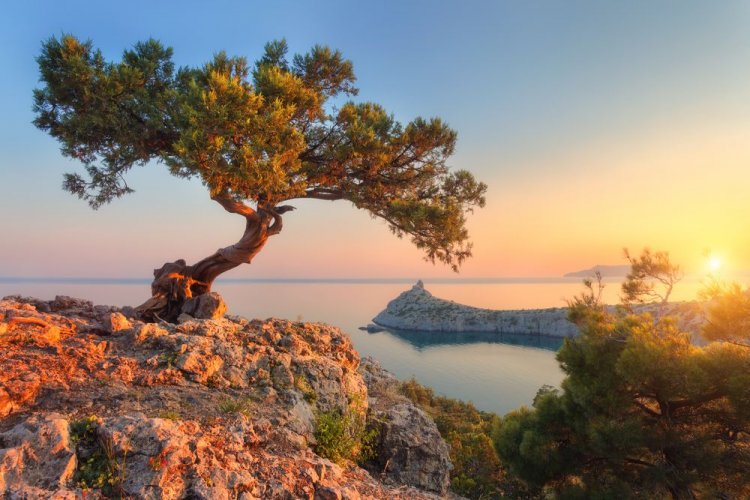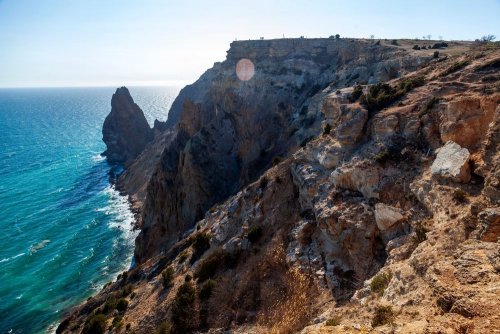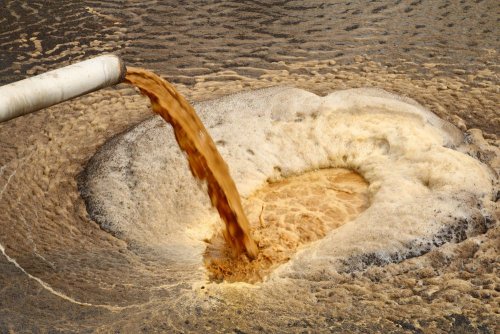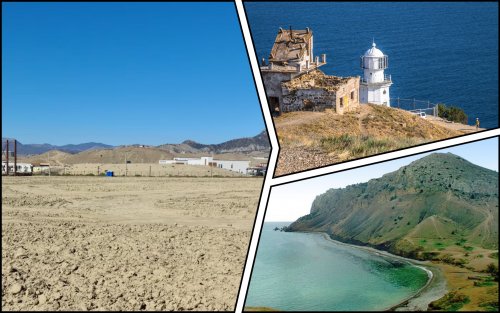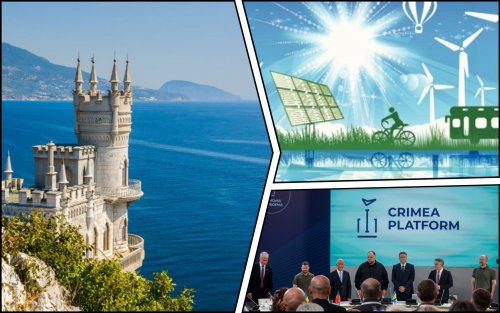The Russian Federation entered 130 protected areas of Crimea in the international database of protected areas (WDPA) as "Russian protected areas".
Eco-activists appealed to the UN Environment Program World Conservation Monitoring Center, which manages the WDPA, with a request to exclude this data and not to make such mistakes in the future, reports the "Ukrainian Nature Conservation Group" on Facebook.
"We are surprised not because Russia positions Crimea as its territory, but because it is presented as such on UN resources," ecoactivists emphasized.
In the message, they gave an example of information about the national natural park Magic Haven, where, despite the Ukrainian-language name, the location in the Russian Federation is indicated.
The authors emphasized that the UNEP Assembly Bureau also includes the Deputy Minister of Environmental Protection and Natural Resources of Ukraine, who should monitor these issues.
Eco-activists said that the WDPA is a joint project of the United Nations Environment Program (UNEP) and the International Union for Conservation of Nature (IUCN). The WDPA is compiled and managed by the World Conservation Monitoring Center of the United Nations Environment Program (UNEP-WCMC) in collaboration with governments, non-governmental organizations and academia.
They added that data from the WDPA is used to:
- reporting within the framework of the Convention on the Protection of Biological Diversity on progress in achieving UN biodiversity targets;
- tracking progress in achieving the Sustainable Development Goals by 2030;
- publications of the List of territories protected by the UN.
The authors highlighted that many international, public and private platforms use WDPA data, including the mining, oil and gas industry and the financial sector.
Earlier, EcoPolitic reported, that Yevhen Khlobistov, an expert of the Crimean Tatar Resource Center, stated at the COP27 Climate Summit that the issue the deoccupation of Crimea is closely related to the solution of environmental problems, in particular, to overcome the damage caused to natural resources and the environment.
As EcoPolitic previously reported, Ukraine presented at the Climate Summit COP 26 calculations of greenhouse gas emissions in the Autonomous Republic of Crimea and temporarily occupied territories in the Donetsk and Luhansk regions.

